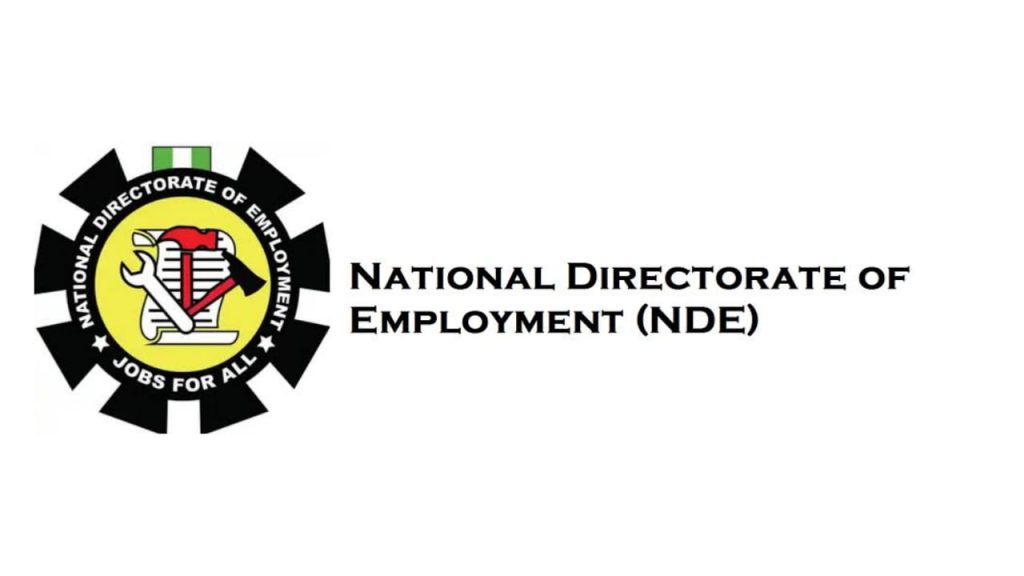The National Directorate of Employment (NDE) has launched a comprehensive agricultural empowerment program in Gombe State, training 491 residents in various agricultural practices to boost food security and alleviate poverty. This initiative directly aligns with President Bola Tinubu’s Renewed Hope Agenda, which prioritizes economic revitalization, job creation, and poverty reduction. The NDE’s intervention seeks to leverage the agricultural sector’s potential to drive economic growth and ensure food sufficiency in the state and the nation. The program’s diverse training modules cater to a wide range of agricultural activities, reflecting a holistic approach to agricultural development.
The program encompasses a multi-faceted approach to agricultural skill development. Participants receive both theoretical and practical training, ensuring they are well-equipped to embark on successful agricultural ventures. The Rural Employment Promotion program provides five days of theoretical instruction followed by a month of practical training for 491 beneficiaries. Specialized training schemes cater to specific agricultural areas: the Sustainable Agricultural Development Training Scheme will train 28 individuals for three months, while the Community-Based Agricultural Training Scheme focuses on cluster farming of vegetables with 78 participants. This targeted approach enables individuals to develop specialized expertise in their chosen agricultural fields.
Further demonstrating the program’s comprehensive scope, the NDE offers training in Fish Production and Feed Formulation, benefiting participants by equipping them to produce their own fish feed, promoting self-sufficiency and cost-effectiveness. The Micro Agricultural Livestock Training Scheme focuses on beekeeping and rabbitry, supporting 75 individuals in these alternative livestock ventures. Promoting sustainable practices, the Organic Agricultural Training Scheme trains 87 individuals in sack farming techniques. Finally, the Small Stock Goat Production Scheme provides training to 112 individuals on sheep and goat fattening. This broad spectrum of training programs ensures that participants can choose areas that align with their interests and resources, maximizing the potential for individual success and overall agricultural growth.
The NDE’s overarching objective is to revitalize the agricultural sector, bolstering its contribution to the economy and providing sustainable livelihoods. By promoting youth participation in agriculture, the program aims to create wealth, foster self-reliance, and ensure food security. This focus on youth engagement is critical for the long-term sustainability of the agricultural sector and its ability to meet the growing demands of a rising population. Furthermore, by equipping participants with practical skills and knowledge, the program empowers them to become active contributors to the economy, reducing unemployment and boosting local agricultural production.
Established in 1986, the NDE has a long-standing commitment to poverty reduction and employment generation through skills development and entrepreneurial support. Its various schemes, including those focused on agriculture, aim to build capacity across the agricultural value chain, encompassing crop farming, livestock, poultry, and related areas. This nationwide reach enables the NDE to address the specific needs of different regions and contributes to a broader national strategy for agricultural development and poverty alleviation.
Nigeria’s agricultural sector plays a crucial role in both employment and food security, yet it faces significant challenges. Rising food inflation, supply chain disruptions, climate change impacts, and insecurity are contributing to food access difficulties for many Nigerians. The NDE’s intervention directly addresses these challenges by increasing domestic food production, strengthening local economies, and building resilience within communities. By empowering individuals to participate actively in the agricultural sector, the program contributes to long-term food security, economic stability, and improved livelihoods for the people of Gombe State and beyond.


